7 Best Dividend Stocks of the Dow
After last year's spectacular stock market rally, many investors have relearned this year that share price gains aren't guaranteed.

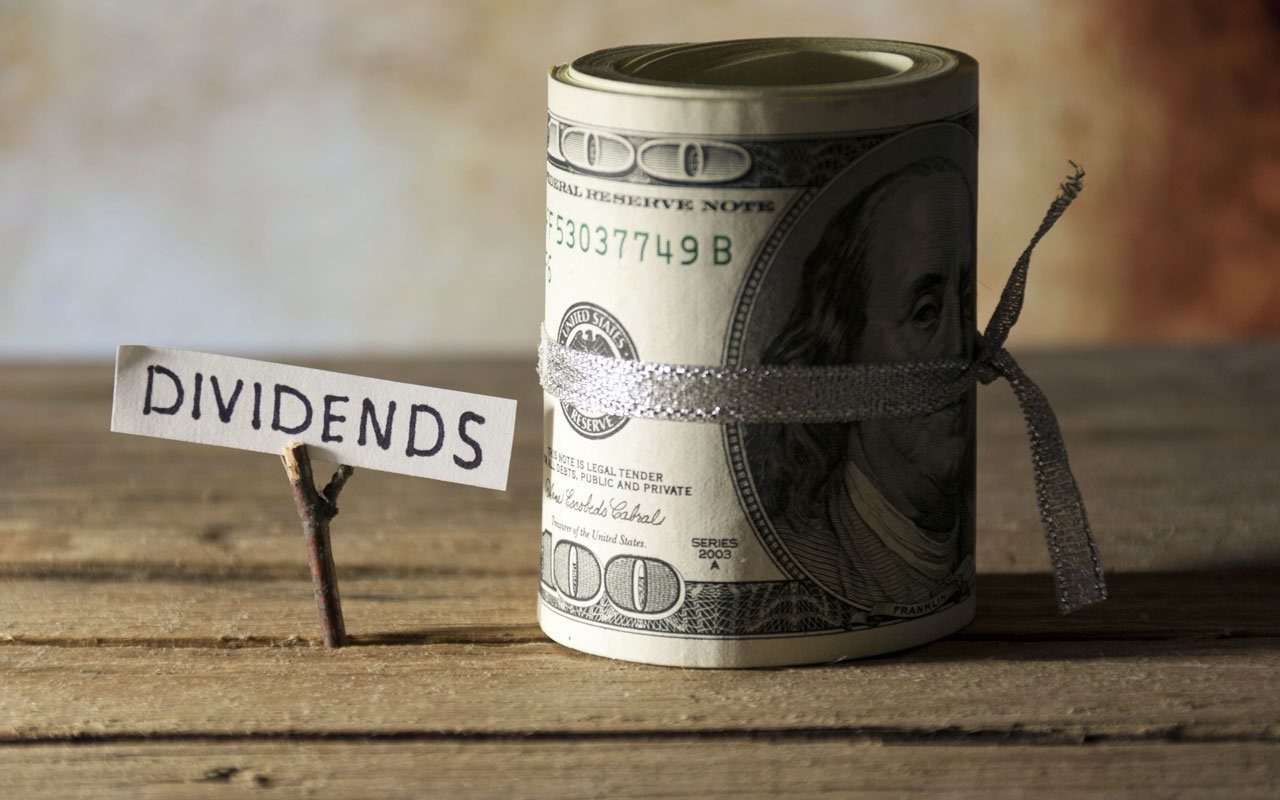
Profit and prosper with the best of Kiplinger's advice on investing, taxes, retirement, personal finance and much more. Delivered daily. Enter your email in the box and click Sign Me Up.
You are now subscribed
Your newsletter sign-up was successful
Want to add more newsletters?

Delivered daily
Kiplinger Today
Profit and prosper with the best of Kiplinger's advice on investing, taxes, retirement, personal finance and much more delivered daily. Smart money moves start here.

Sent five days a week
Kiplinger A Step Ahead
Get practical help to make better financial decisions in your everyday life, from spending to savings on top deals.

Delivered daily
Kiplinger Closing Bell
Get today's biggest financial and investing headlines delivered to your inbox every day the U.S. stock market is open.

Sent twice a week
Kiplinger Adviser Intel
Financial pros across the country share best practices and fresh tactics to preserve and grow your wealth.

Delivered weekly
Kiplinger Tax Tips
Trim your federal and state tax bills with practical tax-planning and tax-cutting strategies.

Sent twice a week
Kiplinger Retirement Tips
Your twice-a-week guide to planning and enjoying a financially secure and richly rewarding retirement

Sent bimonthly.
Kiplinger Adviser Angle
Insights for advisers, wealth managers and other financial professionals.

Sent twice a week
Kiplinger Investing Weekly
Your twice-a-week roundup of promising stocks, funds, companies and industries you should consider, ones you should avoid, and why.

Sent weekly for six weeks
Kiplinger Invest for Retirement
Your step-by-step six-part series on how to invest for retirement, from devising a successful strategy to exactly which investments to choose.
After last year's spectacular stock market rally, many investors have relearned this year that share price gains aren't guaranteed. That should foster a new appreciation for cash dividends—particularly among older investors, who will need rising income in retirement.
We researched the 30 blue-chip companies in the Dow Jones industrial average, looking for two investment features: a strong track record of dividend increases, plus a business outlook healthy enough to support continued dividend generosity and long-term stock price growth. That's the concept of total return—dividend income plus stock performance. Think of it this way: If you earn 2.5% a year in dividends, a modest 7.5% rise in the stock price means a 10% total return.
Here are our seven picks. They aren't the Dow stocks with the highest current dividend yields because those companies are typically ones with below-average prospects for earnings and dividend growth. Likewise, some of the best-known consumer stocks, including Coca-Cola (KO) and McDonald's (MCD), failed to make the list because they're facing intense competitive pressures.
Companies are ranked by rate of dividend increase over the past five years. Prices and returns are through October 28.

UnitedHealth Group
- Share price: $92.64Market capitalization: $92 billionAnnual dividend rate per share: $1.50Dividend yield: 1.6%Five-year annualized dividend growth rate: 119%
Since 2009, no company in the 30-stock Dow index has raised its dividend faster than health care insurer UnitedHealth Group (UNH). Its annual payout has rocketed from just 3 cents a share in 2009 to a current $1.50, after the company in 2010 pledged to start shelling out a bigger chunk of its cash flow to shareholders. As the dividend has soared so has the stock, from $26 in mid 2010 to a recent all-time high of $93.
UnitedHealth serves more than 85 million people worldwide across its various health care businesses. In the U.S., it's the largest managed-care firm, with 40 million members. That means UnitedHealth has a lot to gain—or lose—from the Affordable Care Act. While the law means more people get access to health care, it also restricts insurance companies' profitability. Vishnu Lekraj, an analyst at Morningstar, says the law favors the biggest firms because their sheer size means greater cost efficiencies as well as more pricing leverage over doctors and other care providers. UnitedHealth's "large and diverse membership base gives it an advantage over most of its peers," Lekraj says. So far, so good: UnitedHealth's third-quarter earnings rose 7% from a year earlier, beating analysts’ estimates, and the firm said it expected full-year 2014 earnings of at least $5.60 a share, also above expectations. Top execs’ confidence was evident in June, when the company raised its dividend a stunning 34%.
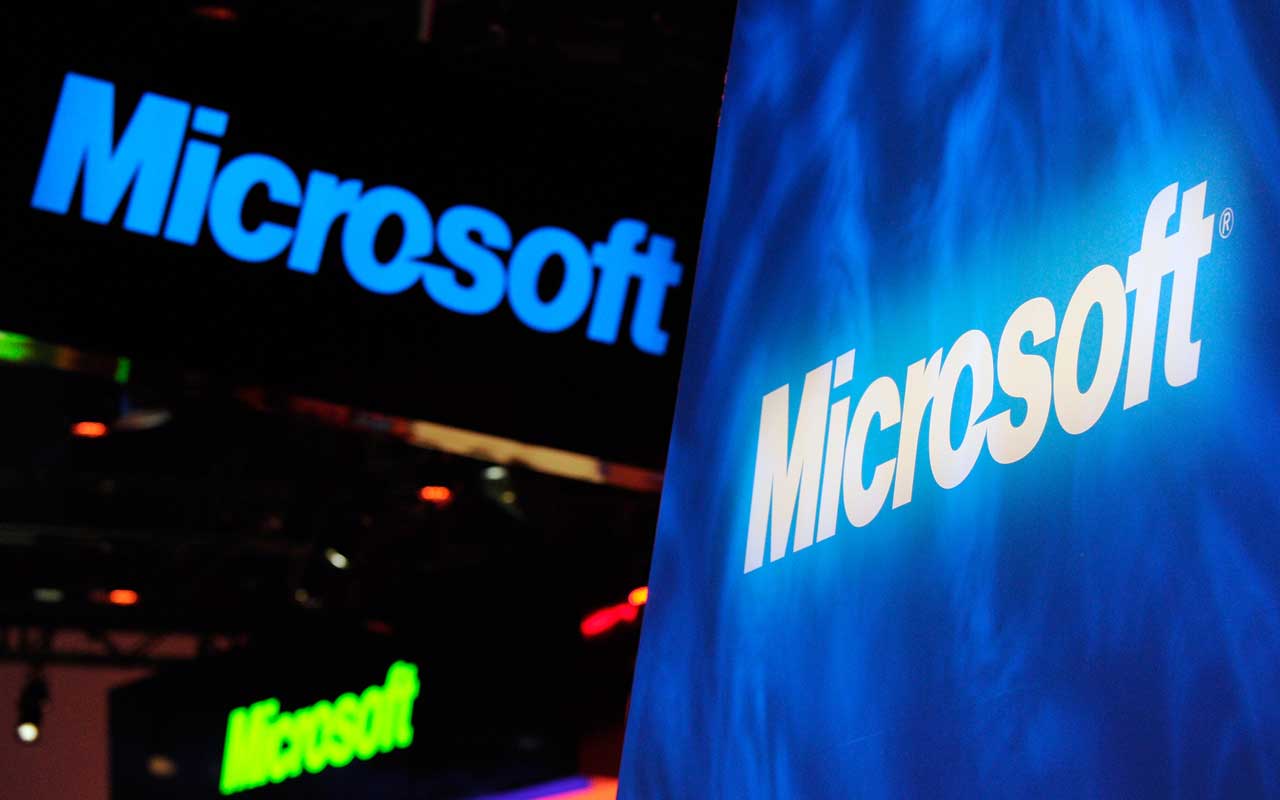
Microsoft
- Share price: $46.49Market capitalization: $383.1 billionAnnual dividend rate per share: $1.24Dividend yield: 2.7%Five-year annualized dividend growth rate: 19%
- Over the past two years, the stock has finally revived. It's up about 73% in the period. In part, the gain has been fueled by a change at the top, as Satya Nadella, who headed Microsoft's cloud computing unit, succeeded Steve Ballmer as CEO in February. But the market may also have a new appreciation for the massive cash generated by Microsoft's Windows and Office franchises, as Nadella wrestles with how to transform the company for a new era that is much less about PCs and much more about mobile communications and the cloud (that is, delivering software and computing via the Internet). In September, Microsoft announced an 11% dividend hike, demonstrating that executives understand the importance of a growing cash payout even as the share price rebounds. As for the stock's potential from here, that will depend on Microsoft's earnings growth. The company earned $2.63 per share in the fiscal year that ended in June, no higher than what it made in the June 2011 fiscal year. Nadella has to convince investors that he can transform a stagnant bottom line into a vibrant one again. The stock’s rally this year suggests that investors are confident that he can.
For years, Microsoft’s (MSFT) rising dividend was practically the only thing loyal shareholders had to celebrate. After the 2000-02 tech-stock crash, the software titan's shares were dead money through 2012, mostly just bouncing between $20 and $30. The dividend, however, has nearly quadrupled since 2005, to the current rate of $1.24 a share. That has far outpaced the 75% rise in the payouts of Standard & Poor's 500-stock index.
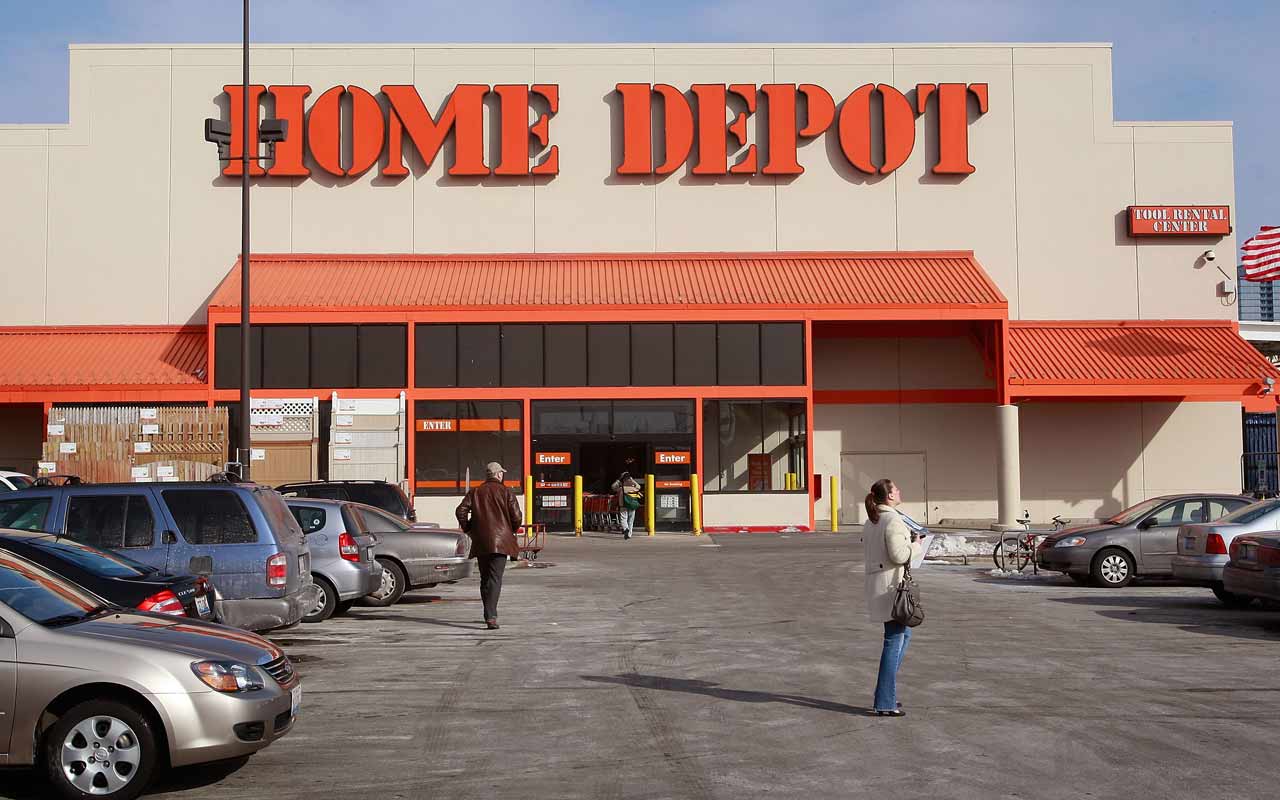
Home Depot
- Share price: $96.59Market capitalization: $130.4 billionAnnual dividend rate per share: $1.88Dividend yield: 1.9%Five-year annualized dividend growth rate: 16%
- Home Depot (HD) shares made good sense five years ago as a way to bet on a recovery in housing. What many of the retailer's investors may not have expected was the bonus of a much more generous dividend policy. The company's payment has increased an average of 16% a year over the past five years. "They seem to have gotten religion when it comes to dividend growth," says Chuck Carlson, editor of the Big Safe Dividends Web site. Indeed, Home Depot says there's more to come: The company reiterated this year that its long-term plan is to pay out half of its profits as dividends. The current annual dividend rate of $1.88 a share amounts to about 42% of estimated earnings for the fiscal year that ends in January.
The dividend largesse has been possible only because of a major business makeover engineered by recently retired CEO Frank Blake. He streamlined the retailer's aged supply chain, refocused on customer service and launched the company on an e-commerce track. Coupled with housing's revival, the result has been record cash flow—and a zooming stock price, from $30 in mid 2011 to more than $90 recently. If you believe the housing market is headed for another cliff, you should pass on Home Depot. But if you expect a continuing housing rebound, the 2,200-store chain is in an enviable position to keep cashing in.
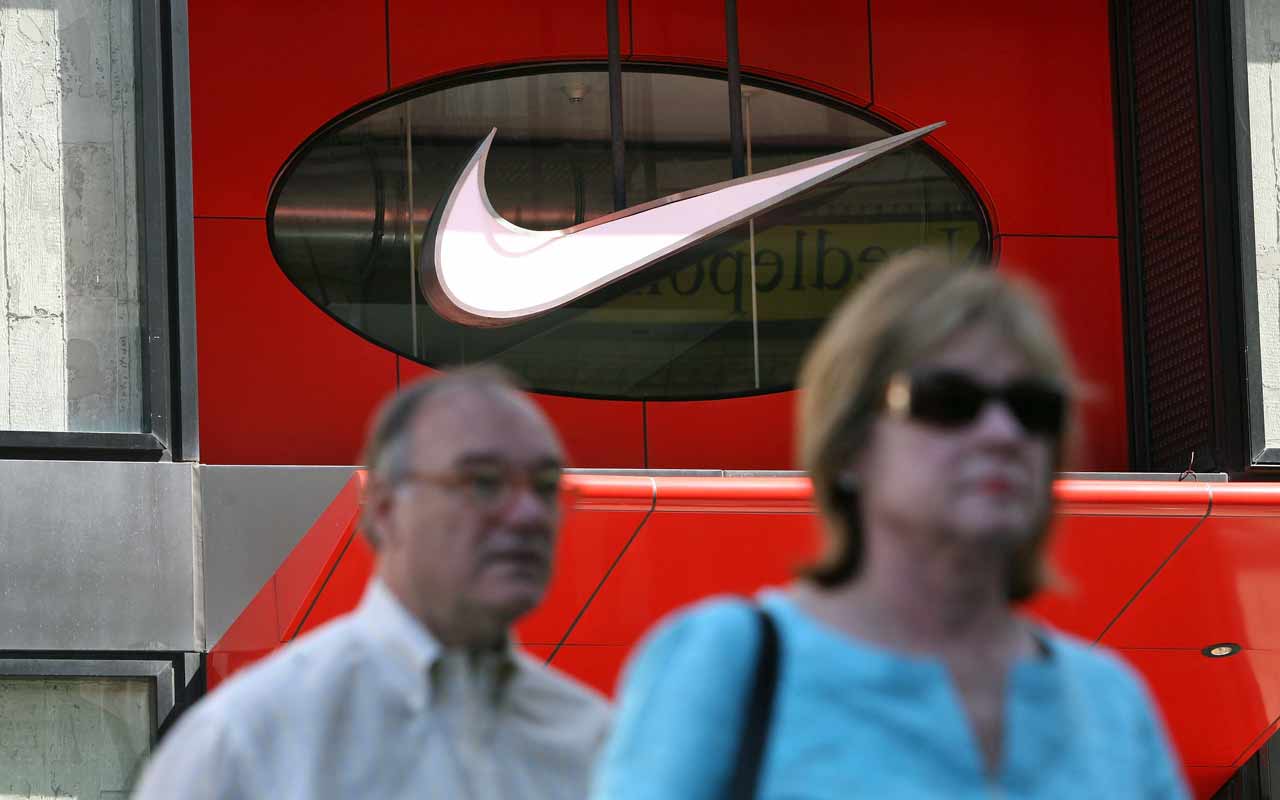
Nike
- Share price: $92.45Market capitalization: $79.6 billionAnnual dividend rate per share: $0.96Dividend yield: 1.0%Five-year annualized dividend growth rate: 14%
- Nike (NKE) is a case study of how a huge company can continue to grow at a heady pace while directly funneling more of its earnings to investors. The sports apparel leader's sales were nearly $28 billion in the fiscal year that ended in May. That was double the level of nine years ago. Net income surged 122% in the same period, to $2.7 billion, or $2.97 a share in the latest year. The company's dividend has grown even faster: The payout is up 269% since 2005. Although the stock yields just 1.0% at today's price, an investor who bought Nike for about $20 in 2005 now is effectively earning a yield of 4.8% on his original purchase price.
Although many apparel businesses are forever at the mercy of consumers' fashion whims, Nike has come to define high-performance athletic shoes and clothing. In a sense, it's a technology company, for which constant innovation is critical. Dominant in the U.S., Nike has vast potential in emerging markets (including China), which now account for less than 30% of sales. Despite its size, "it's still a great earnings story. And that will fund future dividend growth," says Carlson, of Big Safe Dividends. Analysts expect earnings to climb 21% in the current fiscal year, to $3.60 a share. At 26 times those estimated earnings, the stock isn't cheap. But high-quality growth stories rarely are.
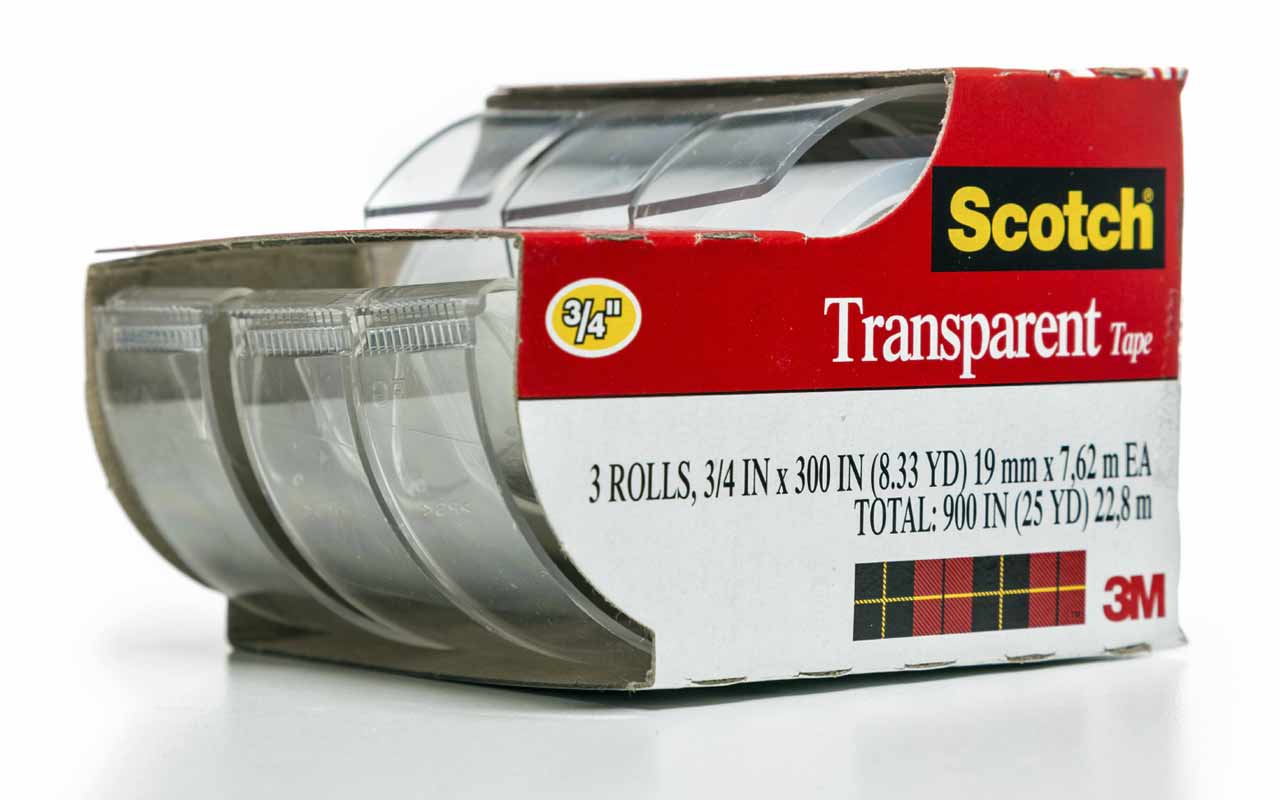
3M
- Share price: $151.06Market capitalization: $96.8 billionAnnual dividend rate per share: $3.42Dividend yield: 2.3%Five-year annualized dividend growth rate: 11%
- Something else that’s ingrained at 3M is a belief in rewarding shareholders with a growing dividend. The company has raised the payment an average of 11% a year over the past five years. More impressive, 3M has boosted its dividend for 56 consecutive years, a feat few other firms have matched. Even in the Great Recession years of 2008 and 2009, 3M increased its dividend while many other blue chip companies froze their payments—or worse, cut them. But as attractive as the dividend story is, 3M shares are suitable now only for investors with a five- to 10-year time horizon. The reason: At its current price, the stock is valued at 18 times analysts' 2015 earnings estimate of $8.20 a share. That's a high P/E for a company whose earnings are expected to rise by less than 10% in 2015. Unless growth accelerates significantly, and stays up, earnings may take a while to catch up with the stock.
With a deeply ingrained culture of innovation, 3M Co. (MMM) has built itself into one of the world's most diverse manufacturers, producing thousands of industrial and consumer products. Its Scotch tape is iconic, but 3M's lineup goes far beyond tape, extending into air filters, stethoscopes, marine sealants, auto insulation and more. The strength of the company's business mix worldwide was evident in the third quarter, as per-share earnings rose 11% from a year earlier on a 2.8% rise in sales. Healthy demand in the U.S. and Asia offset weakness in Latin America and Canada. Wall Street was thrilled.
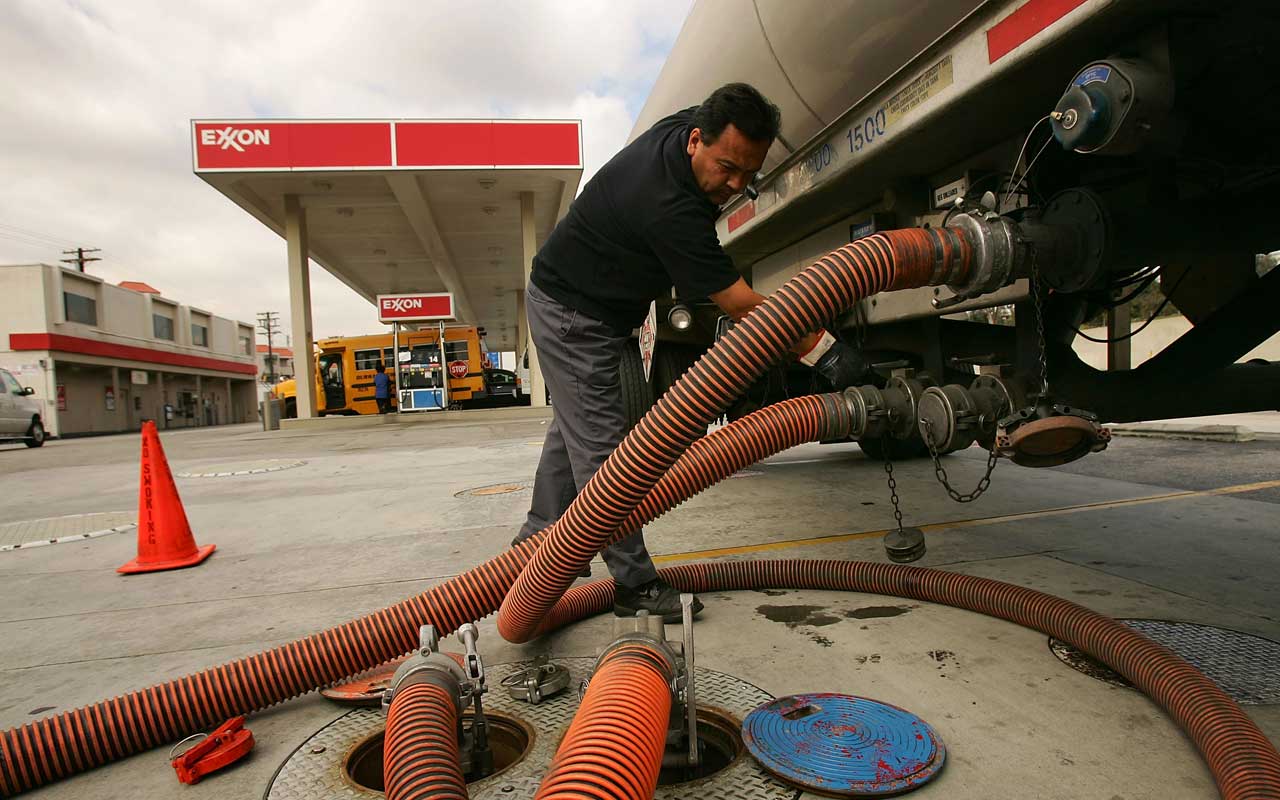
ExxonMobil
- Share price: $95.10Market capitalization: $405.1 billionAnnual dividend rate per share: $2.76Dividend yield: 2.9%Five-year annualized dividend growth rate: 10%
If you wanted to pick one Dow stock for both a relatively high yield and a strong probability of good dividend growth ahead, you might well pick ExxonMobil (XOM). The energy giant's shares yield well above 2% (the average yield of a blue chip). And the company seems to have ample room to keep lifting the dividend by at least high-single-digit percentages in coming years. Consumers might turn away from fast food or brick-and-mortar retail stores, but for better or worse, most will be powering their cars and homes with fossil fuels for a long time to come. Exxon isn't in danger of extinction anytime soon.
More important for its shareholders, Exxon has a reputation for being picky about its spending on energy exploration and development. It focuses on projects that earn robust returns on investors' capital, says Allen Good, an analyst at Morningstar. Those investments, he says, include liquefied natural gas projects that typically produce at high levels for a long time, boosting cash returns for shareholders. Meanwhile, though this year's slump in oil prices is bad for Exxon's production arm, it benefits the firm's gasoline-refining business because gas prices usually fall more slowly than crude prices. What about the prospects for the stock price? You have to believe the global economy will improve to expect a rise in Exxon's shares. But at a P/E of 13 based on estimated 2015 earnings per share, there's arguably less risk in Exxon than in a lot of other stocks.

United Technologies
- Share price: $106.27Market capitalization: $96.9 billionAnnual dividend rate per share: $2.36Dividend yield: 2.2%Five-year annualized dividend growth rate: 9%
Although the global economy is weak, United Technologies (UTX) is in two growth sweet spots: aircraft parts and systems, and commercial building. Those sectors helped drive up the company's third-quarter operating earnings by 12% on a 5% rise in revenue, surprising Wall Street. And in the longer term, those businesses should support continued solid growth in the company's dividend.
United Technologies is a key player in the global aircraft industry, which is in a boom as airlines expand and upgrade fleets. The company's Pratt & Whitney unit is a major supplier of jet engines for commercial and military aircraft. The company also produces myriad other aircraft parts, including cabins, landing gear and pressurization systems. But United's biggest division, by sales, is its building and industrial systems unit, which makes Otis elevators, Carrier air conditioning systems, Kidde smoke alarms and other building components. The company sees itself as a prime beneficiary as mass urbanization worldwide fuels more commercial construction, such as apartment high-rises. And United has managed its finances well enough to keep its annual dividend payments rising for 19 consecutive years, including through the past two recessions. That’s important for an industrial company that’s sensitive to the ups and downs of the economy.
Profit and prosper with the best of Kiplinger's advice on investing, taxes, retirement, personal finance and much more. Delivered daily. Enter your email in the box and click Sign Me Up.

-
 Dow Adds 1,206 Points to Top 50,000: Stock Market Today
Dow Adds 1,206 Points to Top 50,000: Stock Market TodayThe S&P 500 and Nasdaq also had strong finishes to a volatile week, with beaten-down tech stocks outperforming.
-
 Ask the Tax Editor: Federal Income Tax Deductions
Ask the Tax Editor: Federal Income Tax DeductionsAsk the Editor In this week's Ask the Editor Q&A, Joy Taylor answers questions on federal income tax deductions
-
 States With No-Fault Car Insurance Laws (and How No-Fault Car Insurance Works)
States With No-Fault Car Insurance Laws (and How No-Fault Car Insurance Works)A breakdown of the confusing rules around no-fault car insurance in every state where it exists.
-
 Dow Adds 1,206 Points to Top 50,000: Stock Market Today
Dow Adds 1,206 Points to Top 50,000: Stock Market TodayThe S&P 500 and Nasdaq also had strong finishes to a volatile week, with beaten-down tech stocks outperforming.
-
 Stocks Sink With Alphabet, Bitcoin: Stock Market Today
Stocks Sink With Alphabet, Bitcoin: Stock Market TodayA dismal round of jobs data did little to lift sentiment on Thursday.
-
 Dow Leads in Mixed Session on Amgen Earnings: Stock Market Today
Dow Leads in Mixed Session on Amgen Earnings: Stock Market TodayThe rest of Wall Street struggled as Advanced Micro Devices earnings caused a chip-stock sell-off.
-
 Nasdaq Slides 1.4% on Big Tech Questions: Stock Market Today
Nasdaq Slides 1.4% on Big Tech Questions: Stock Market TodayPalantir Technologies proves at least one publicly traded company can spend a lot of money on AI and make a lot of money on AI.
-
 Fed Vibes Lift Stocks, Dow Up 515 Points: Stock Market Today
Fed Vibes Lift Stocks, Dow Up 515 Points: Stock Market TodayIncoming economic data, including the January jobs report, has been delayed again by another federal government shutdown.
-
 Stocks Close Down as Gold, Silver Spiral: Stock Market Today
Stocks Close Down as Gold, Silver Spiral: Stock Market TodayA "long-overdue correction" temporarily halted a massive rally in gold and silver, while the Dow took a hit from negative reactions to blue-chip earnings.
-
 Nasdaq Drops 172 Points on MSFT AI Spend: Stock Market Today
Nasdaq Drops 172 Points on MSFT AI Spend: Stock Market TodayMicrosoft, Meta Platforms and a mid-cap energy stock have a lot to say about the state of the AI revolution today.
-
 S&P 500 Tops 7,000, Fed Pauses Rate Cuts: Stock Market Today
S&P 500 Tops 7,000, Fed Pauses Rate Cuts: Stock Market TodayInvestors, traders and speculators will probably have to wait until after Jerome Powell steps down for the next Fed rate cut.
